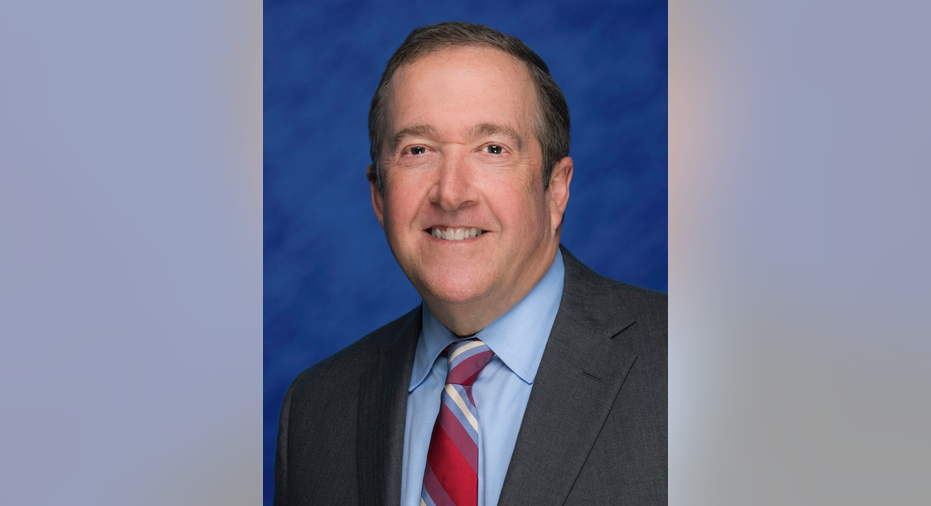Insider Q&A: Insurers look beyond medical bills to cut costs

Health insurers are moving beyond medical claims. They want to know if you have a ride to the doctor's office or if you're eating right too.
It's a push to keep people healthy and control medical spending. WellCare Health Plans Inc. has been traveling this path for years.
The Medicaid and Medicare Advantage coverage provider started a toll-free phone line in 2014 to connect callers with social services and programs that help with things like food, housing or transportation. The insurer built a database of more than 160,000 programs, and some of its call-takers used to be homeless or on Medicaid, the state and federal program for people who are poor or have disabilities.
CEO Kenneth Burdick, 59, discussed this recently with The Associated Press. The conversation has been edited for clarity and length.
Q: Your phone line has nothing to do with covering medical bills. How do you explain the return on this?
A: It has everything to do with helping to improve the health of our members, which is ultimately what states and the federal government are paying us to do. For our population, one of the more significant barriers to them gaining the very best health for themselves and often for their families are ... what we call these social determinants. It's food insecurities. It's lack of access to stable housing, stable utilities, transportation.
Q: How do utility problems affect health?
A: If your utilities are shut off and you are a diabetic that has to have your insulin refrigerated, you're not going to be able to stay compliant with your medication.
Q: Does employing former Medicaid recipients make it easier to help people?
A: They have a level of empathy and understanding that makes it easier for the caller to share something. If they're very candid about the things that are proving to be barriers to them keeping their doctor's visit or taking their medications, that's where the gold is. It allows us to use this databank of valuable information to help ... close a gap for them.
Q: Your company focuses on Medicaid and Medicare Advantage, which covers people aged 65 and over. Why is government business attractive?
A: The government is paying about 50 cents of every dollar of health care in the United States today. You look at something like Medicare and you see that there's somewhere between 10,000 and 11,000 people in the United States that are turning 65 every single day. That's pretty compelling.
Q: Does this mean the government will eventually pay entirely for health care, instead of 50 percent?
A: It is hard for me to envision a world where that 50 cents on the dollar goes to every dollar. It is a burden too great for the federal governments and the state governments to take on. Right now, it's taxing, no pun intended.



















